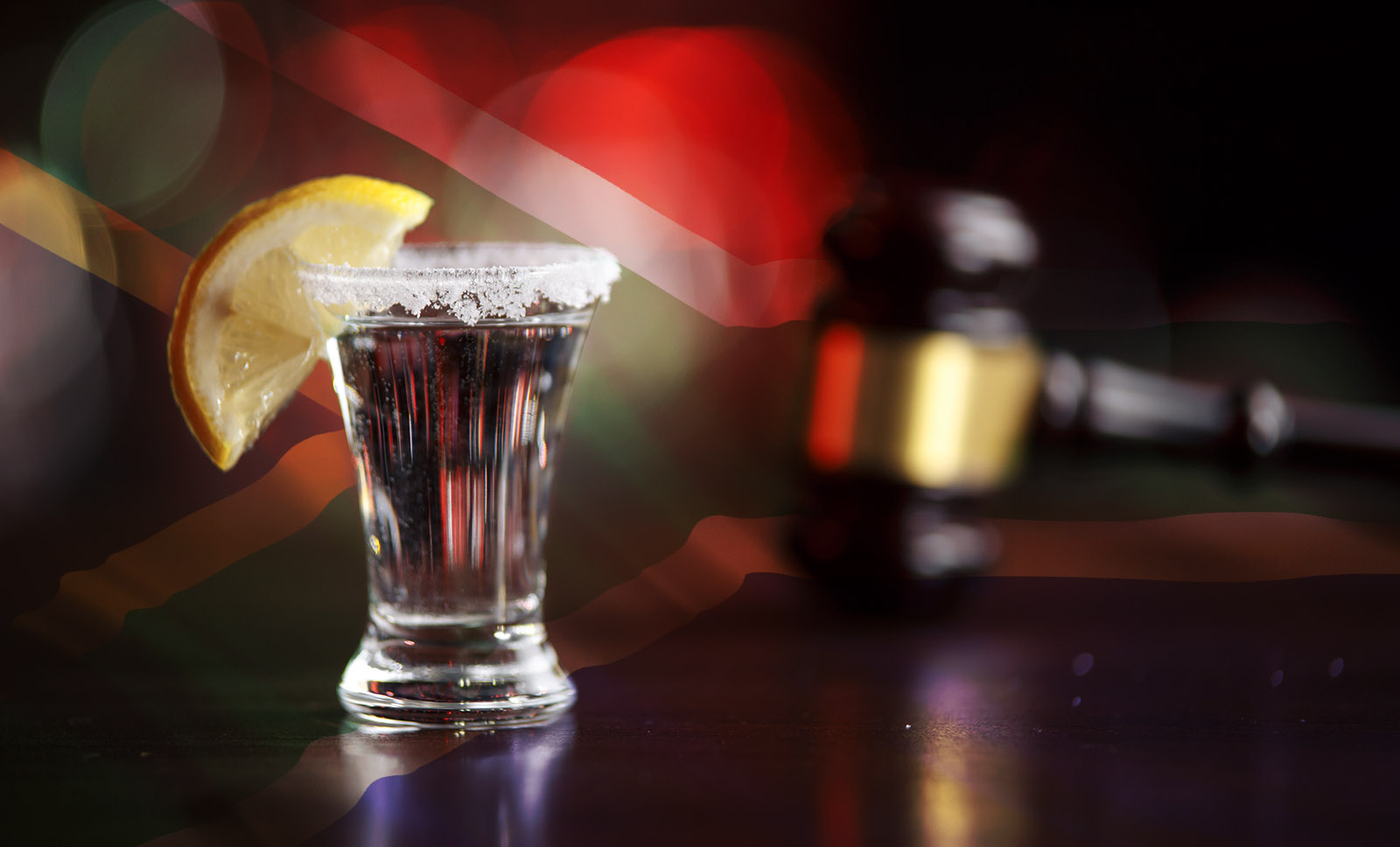Business
New Liquor Bill Could Ban All Alcohol Advertising in South Africa

A bold proposal shakes the industry
South Africa is bracing for one of its most contentious policy debates in years. A new private members’ bill, introduced by the EFF’s Ntombovuyo Veronica Mente-Nkuna on 8 September 2025, proposes a total ban on alcohol advertising, promotion, and product placement.
Supporters say it is a step toward curbing the normalisation of alcohol consumption. Critics warn it could destabilise industries that rely heavily on alcohol sponsorship, from sport to entertainment.
What the bill actually says
The proposed Liquor Amendment Bill seeks to amend the Liquor Act of 2003 with sweeping changes. It would:
-
Ban alcohol advertising in all forms of media
-
Outlaw the use of brand names or elements to promote drinking
-
Prevent liquor companies from sponsoring or financially supporting organised events
-
Counter the “normalisation” of alcohol in South Africa
The bill’s framework draws heavily from tobacco advertising restrictions introduced through the Tobacco Products Control Act in the 1990s.
Echoes of past attempts
This is not the first time South Africa has flirted with tougher liquor laws. A 2016 draft Liquor Amendment Bill attempted to raise the drinking age to 21 and restrict sales near schools and places of worship. That proposal eventually lapsed after facing strong opposition.
Unlike its predecessor, the current bill is narrowly focused on advertising and brand promotion. By taking direct aim at sponsorships and marketing, it sets up a fresh battle between lawmakers, the liquor industry and sectors that benefit from alcohol-linked revenue.
The stakes: jobs, culture, and the economy
Legal experts from Webber Wentzel have warned of serious consequences if the bill is passed in its current form. A blanket ban would ripple far beyond breweries and distilleries. Advertising agencies, media houses, sports teams, musicians and cultural event organisers all rely on alcohol sponsorship.
Think of South African rugby without a Castle Lager logo, music festivals without a cider brand backing them, or township taverns stripped of branded signage. The financial hit could be substantial, with job losses across multiple sectors.
Even Cosatu, which supports the public health goals of the proposal, acknowledges that workers employed in these industries must be considered in the debate.
The road through Parliament
The bill now moves through Parliament’s legislative process. It will be considered by the Trade, Industry and Competition portfolio committee, where businesses, unions and the public will have the chance to comment. Amendments may be made before the bill is debated and voted on in the National Assembly. If approved, it would still need to pass the National Council of Provinces before reaching the president’s desk.
Given how fiercely tobacco and vaping laws were contested, this proposal is unlikely to sail through without a fight. The economic stakes are high, and the country is watching closely as lawmakers weigh public health concerns against potential economic fallout.
What it means for South Africans
For everyday people, the question is not just whether they will still see beer adverts during a football game. It is about whether beloved cultural and sporting events can survive without alcohol sponsorship. South Africa has built entire traditions around brands that fund music stages, stadium banners and television broadcasts. Removing that support could reshape the landscape of local culture as much as it changes drinking habits.
The outcome of this bill will test how far South Africa is willing to go to prioritise public health over commercial interest, and whether the political will exists to take on such a powerful industry.
Also read: WhatsApp Voice Notes and Silent Calls: Why South Africans Should Be Extra Careful
Follow Joburg ETC on Facebook, Twitter, TikT
For more News in Johannesburg, visit joburgetc.com
Source: Business Tech
Featured Image: Dear South Africa














